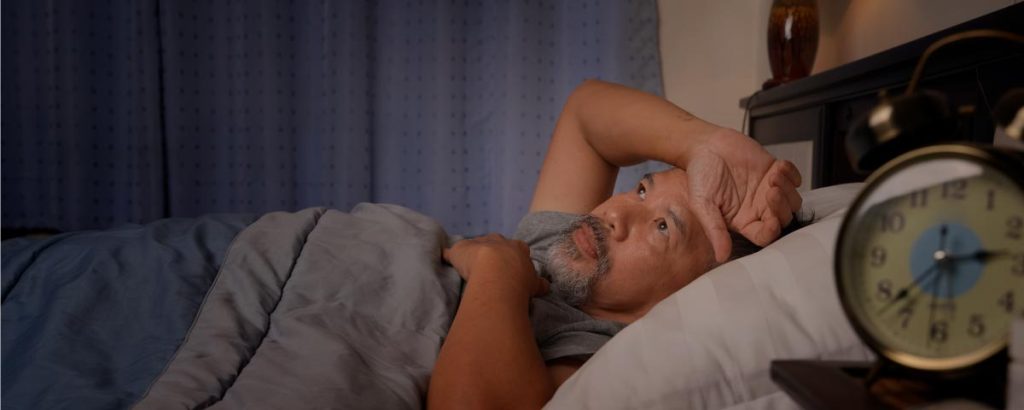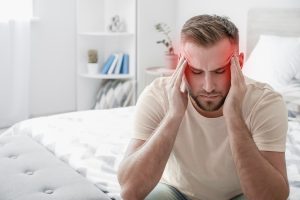Is your super busy schedule barely giving you enough time to rest, depriving you of a good sleep? Undoubtedly it’s quite frustrating for anyone who frequently experiences sleep difficulties almost every night. But what most of us fail to realize is that it could be something more serious – sleep disorders.
Sleep disorders are more common than you think
Sleep disorders are defined as problems with the quality, timing and hours of sleep you get. This in return leads to daytime complaints and poor functioning. It’s worth noting that sleep disorders can negatively affect your mental and physical health.
Symptoms of sleep disorders
Find out how to distinguish a usual sleepless night from a chronic condition through these common sleep disorders symptoms –
- Taking more than 30 minutes to fall asleep every night
- Waking up many times each night and having trouble falling back to sleep again
- Feeling sleepy during the daytime or falling asleep at the wrong times during the day
- Snoring loudly, snorting, gasping or you stop breathing for short periods
- Experiencing creeping, tingling, or crawling feelings in your legs or arms when trying to sleep
- Your legs or arms jerk often during sleep
- Difficulty focusing or paying attention
- Irritability and trouble managing your emotions

Common sleep disorders
It’s crucial to be aware about sleep disorders so that you can prevent any serious health risk.
1. Insomnia
It is probably the most common sleep disorder, in which you find it difficult getting to sleep or staying asleep, no matter how tired or exhausted you are.
2. Sleep apnea
Sleep apnea is a condition which involves pauses in breathing during sleep, thus making you wake up abruptly. It is of two types – obstructive sleep apnea and central sleep apnea.

3. Restless leg syndrome
It causes your legs to shake because of an unpleasant tingling sensation. Experienced generally during the nighttime while sleeping, this condition makes it tougher to fall or stay asleep.
4. Narcolepsy
Uncontrollable daytime sleepiness or drowsiness is referred to as Narcolepsy. You are likely to get sleep attacks at unexpected moments during the day.

5. REM sleep behavior disorder (RBD)
In this sleep disorder, people literally act out of their dreams. Irrespective of the fact that whether it is a simple, dramatic or violent dream such as walking, hitting or kicking. This is a dangerous condition, in which people don’t only end up hurting themselves but also others.
Can sleep disorders be treated?
The clear answer is YES. You can definitely reduce the risk by following some proven ways to improve your sleep quality like setting the right bedroom environment, eating light before bedtime, exercising during the day, in fact, taking Ashwagandha supplements can also be really beneficial.
Revered for its apoptogenic properties, Ashwagandha has been proven useful for improving sleep quality and even for treating insomnia. So, before you go hunting for the best Ashwagandha supplement, let’s just save you sometime. You can start with TrueBasics KSM-66 Ashwagandha, a trusted product for ensuring that you sleep well every night.

Sleep can be restorative, so make sure you are getting enough.













